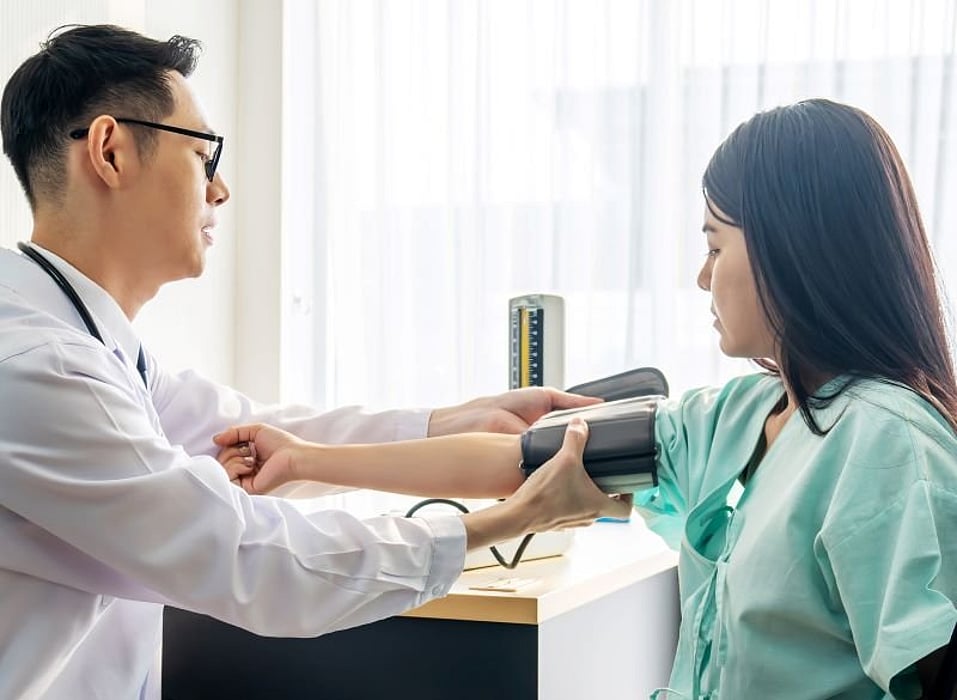Neighborhood Deprivation Linked to Primary HTN in Youth

THURSDAY, March 16, 2023 (HealthDay News) -- For youth, factors such as higher childhood neighborhood area deprivation index (ADI), age, sex, and obesity are associated with a primary diagnosis of hypertension, according to a study published online March 15 in JAMA Network Open.
Carissa M. Baker-Smith, M.D., M.P.H., from Nemours Children's Health in Wilmington, Delaware, and colleagues examined the association between neighborhood measures of deprivation and diagnosis of primary hypertension in youth aged 8 to 18 years between Jan. 1, 2014, and Dec. 31, 2019. The cross-sectional study included 65,452 youths, of whom 98.3 percent were without a hypertension diagnosis and 1.7 percent had a diagnosis of primary hypertension.
The researchers found that residence within communities with ADI ≥50 was associated with significantly increased odds of a hypertension diagnosis (odds ratio, 1.61). Greater odds of primary hypertension diagnosis were also seen in association with older age (odds ratio, 1.16 per year), obesity diagnosis (odds ratio, 5.16), and longer duration of full Medicaid benefit coverage (odds ratio, 1.03), while lower odds were seen in association with female sex (odds ratio, 0.68). Including a Medicaid-by-ADI interaction term in the model was significant for the interaction; the odds of hypertension diagnosis were slightly higher for youth with ADI <50 versus those with ADI ≥50 (odds ratio, 1.03 versus 1.02). There was no association observed for race and ethnicity with a primary hypertension diagnosis.
"Screening algorithms and national guidelines may consider the importance of ADI when assessing for the presence and prevalence of primary hypertension in youth," the authors write.
Related Posts
Outcomes Worse for Children With Type 1 Diabetes Who Are Black
MONDAY, May 9, 2022 (HealthDay News) -- Black children with type 1 diabetes...
U.S. to Screen Travelers From Uganda for Ebola Amid Outbreak in That Country
FRIDAY, Oct. 7, 2022 (HealthDay News) -- Travelers flying from Uganda will be...
Self-Help Aids Quality of Life for People With Psoriasis
TUESDAY, Jan. 25, 2022 (HealthDay News) -- Self-help based on compassion and...
Updated COVID Vaccines Will Roll Out Mid-September, Officials Say
FRIDAY, Aug. 25, 2023 (HealthDay News) -- New COVID-19 booster shots, reworked...
